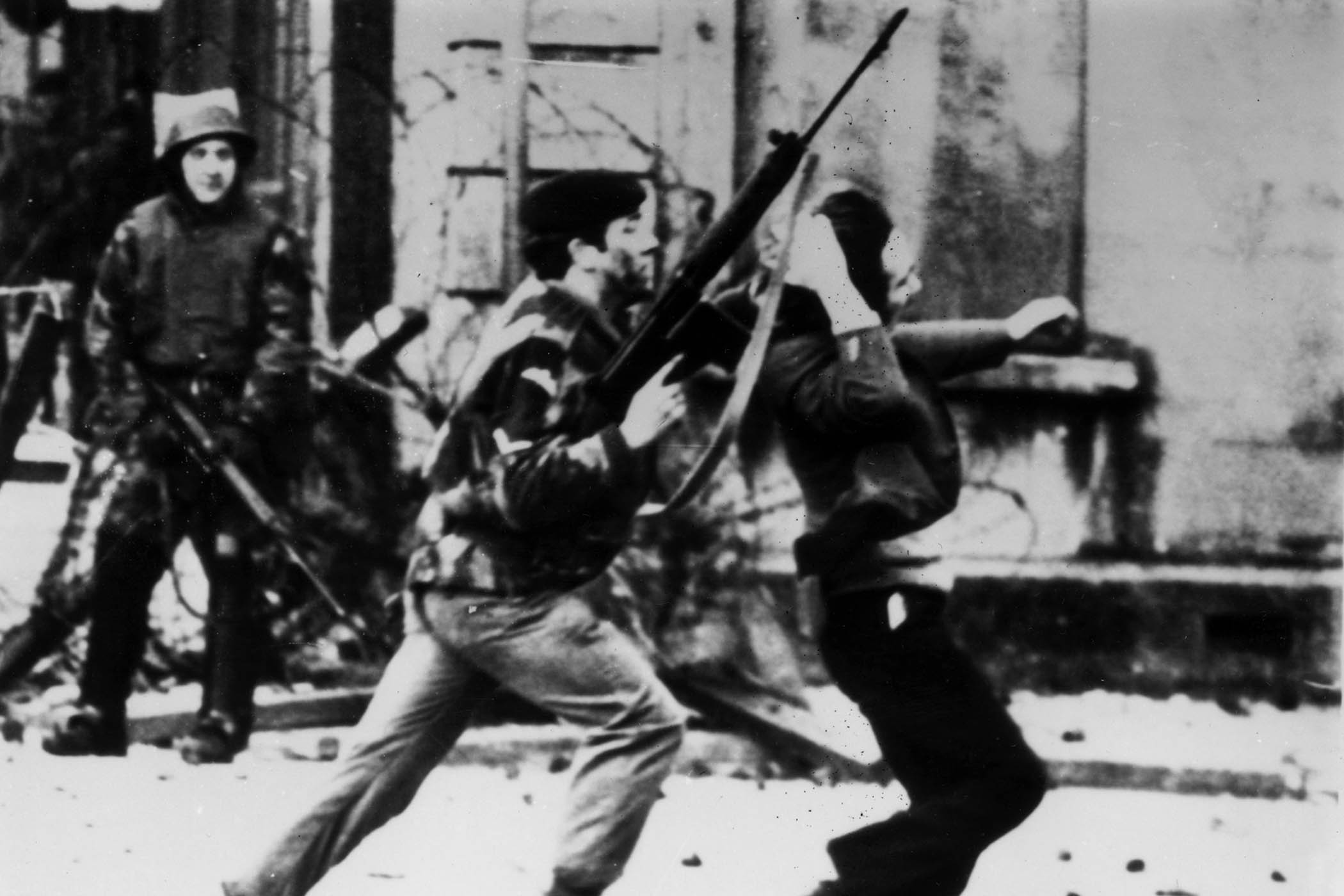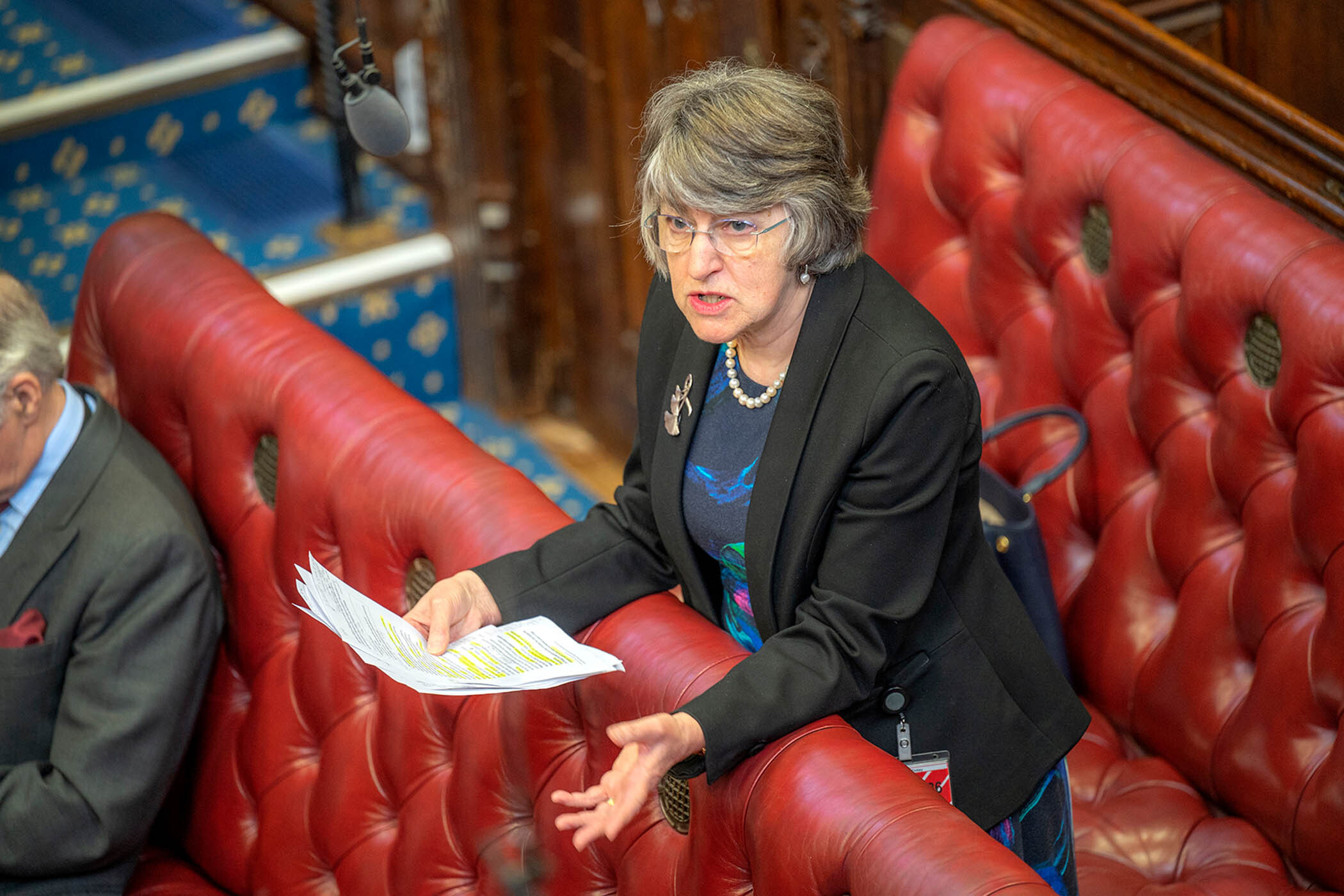A former British paratrooper in his 70s, known as Soldier F, was last week found not guilty of murder and attempted murder on Bloody Sunday.
So what? The case was one of the most significant and controversial relating to the Troubles in Northern Ireland. Soldier F was accused of murdering James Wray and William McKinney and trying to kill five others. His acquittal
•
leaves victims and their relatives still seeking closure;
•
means it is unlikely anyone will ever be convicted for the atrocity; and
•
comes as Labour drafts new legislation relating to historic violence in Northern Ireland.
Bloody Sunday. British soldiers shot 26 people on 30 January 1972 when they opened fire on a civil rights demonstration in Londonderry. More than a dozen people were killed. It was one of the worst atrocities of the conflict and is etched into Northern Ireland’s collective memory. Many victims were hit while running away or helping the wounded.
No justice. It took decades for the truth to emerge. The first inquiry into the bloodshed, the Widgery Tribunal held in 1972, concluded that the soldiers were shot at first. The investigation took just three weeks, failed to call important witnesses and relied on flawed forensic evidence. It was widely criticised as a whitewash.
Some justice. A second investigation – the Saville Inquiry – was established in 1998 as part of the Northern Ireland peace process. It took 12 years and cost £200 million, making it the longest and most expensive inquiry in British history. It concluded that
•
a soldier fired first;
•
none of the victims posed a threat; and
•
that they were unlawfully killed.
State contrition. After Lord Saville published his conclusions, David Cameron issued an apology and said the killings were “wrong”. The police then opened an investigation.
Other side. The decision was controversial. Veteran groups say ex-soldiers have been dragged through the courts for crimes that happened decades ago, while former IRA members either avoided prosecution or were released from prison as part of the Good Friday Agreement.
Case in hand. Soldier F was one of 18 veterans referred to prosecutors but the only one charged. The case was dropped in 2021 when a case against two other former soldiers over the killing of an IRA commander collapsed, owing to key evidence being found inadmissible. It resumed in 2022 after a legal challenge, despite relying on similar evidence.
Related articles:
Unknown. As with other trials against former service members, Soldier F has not been named for fear of republican retaliation. The case against him depended on statements given by two other paratroopers to military police immediately after the killings. They said that Soldier F fired his rifle near where the bodies of Wray and McKinney were recovered. One of the veterans has since died and the other refused to testify at the trial.
In conclusion. The judge said that Soldier F was one of the soldiers who opened fire “with the intention to kill”, but the court could not determine “by whose hand the fatal shots were fired”.
Newsletters
Choose the newsletters you want to receive
View more
For information about how The Observer protects your data, read our Privacy Policy
Inconclusive to some. The verdict was greeted with disappointment by the victims’ relatives. Outside the court McKinney’s brother Michael said there had still been “no declaration of Soldier F’s innocence”. Only six former British soldiers have been charged following investigations by the police unit dealing with historical offences from the Troubles. None have been convicted.
Old act. The Conservatives passed the Legacy Act in 2023, which ended nine historical inquests and banned civil actions. Soldier F’s case proceeded because it stemmed from a live police investigation.
New bill. The Legacy Act was condemned by all Northern Ireland parties, several victim groups and the Irish government when it was introduced. Earlier this month Labour introduced a bill to replace it with a new framework that will set up a legacy commission, contain protections for veterans and resume the halted inquests. This includes an investigation into the SAS killings of eight IRA members and a civilian in Loughgall, County Armagh, in 1987.
What’s more… Although veteran groups complain that prosecutions have unfairly targeted former soldiers, 80 per cent of the Troubles-related prosecutions brought by the Public Prosecution Service for Northern Ireland have involved republican and loyalist paramilitaries.
Photograph by Frederick Hoare/Central Press/Getty Images



